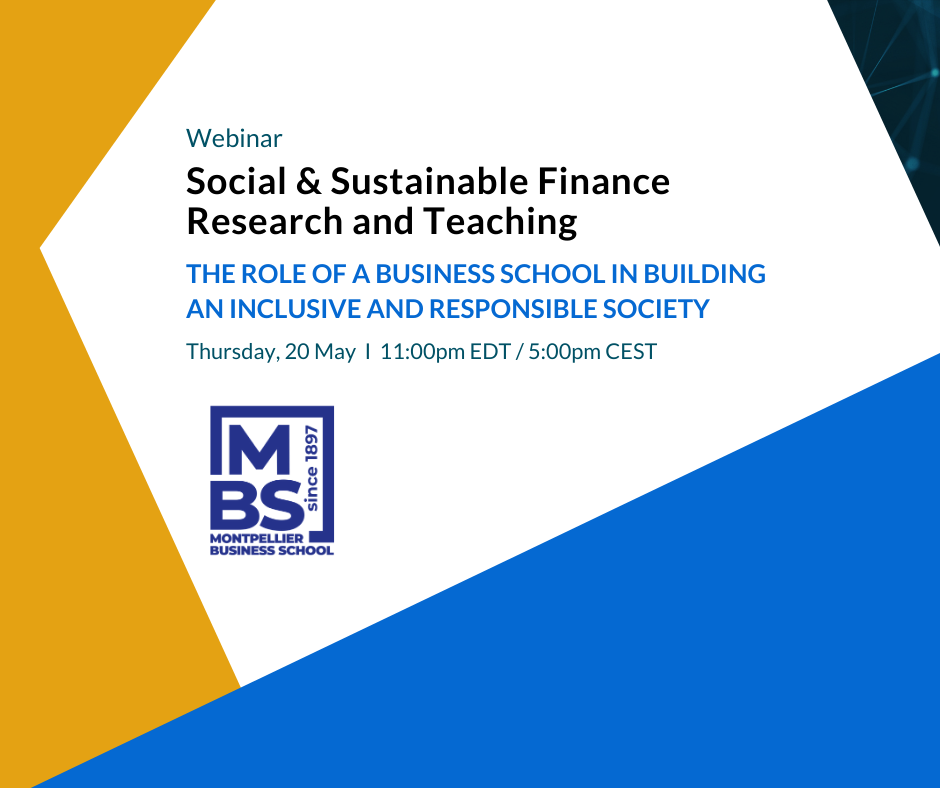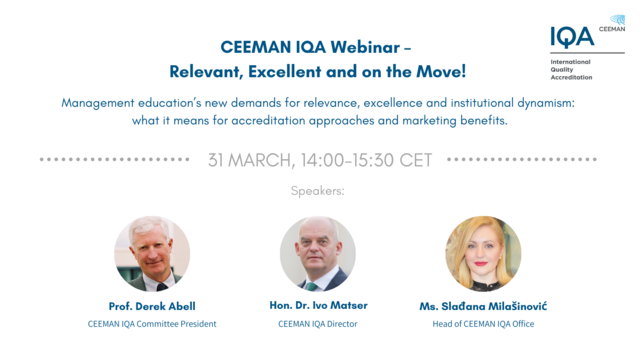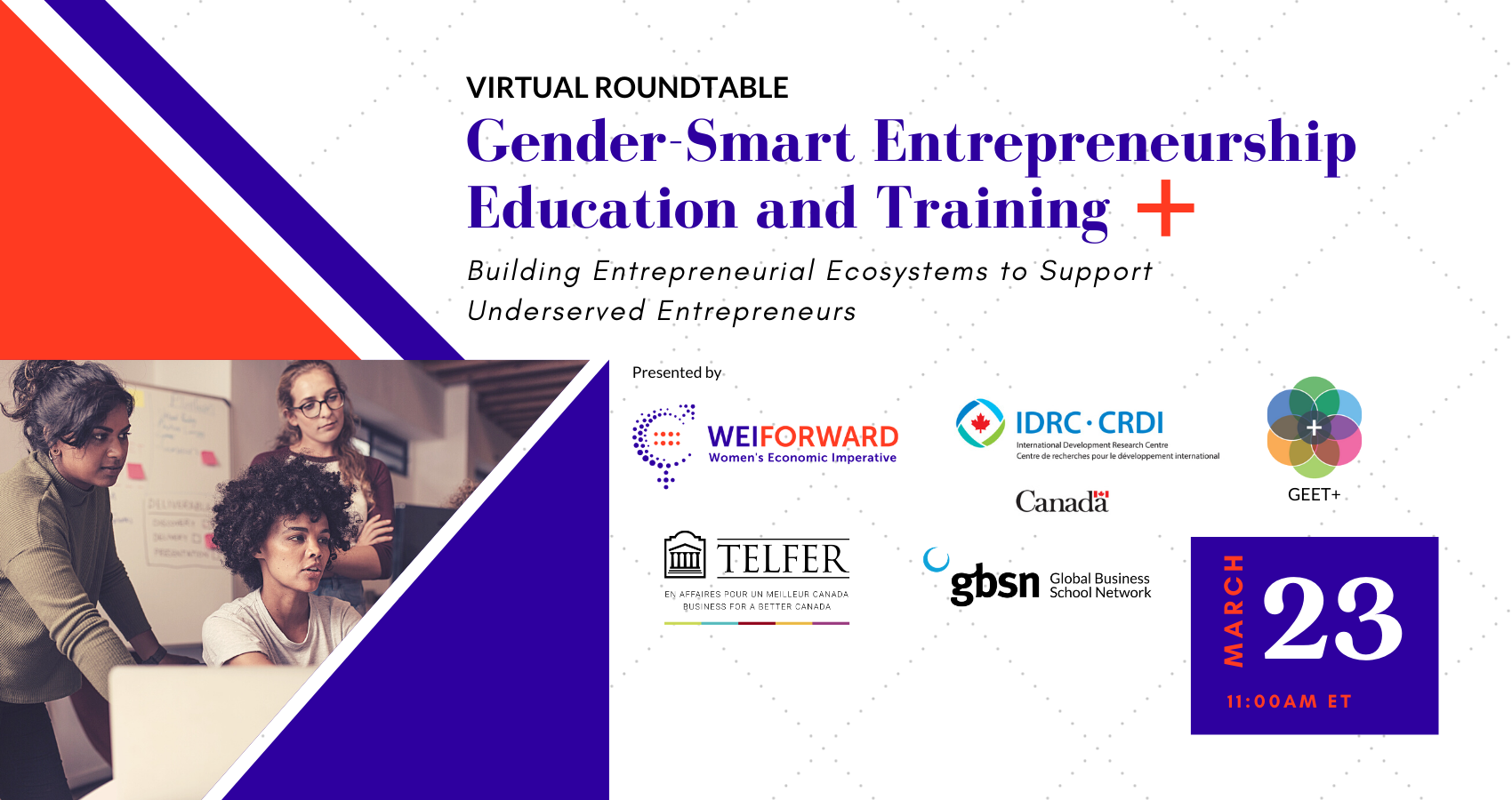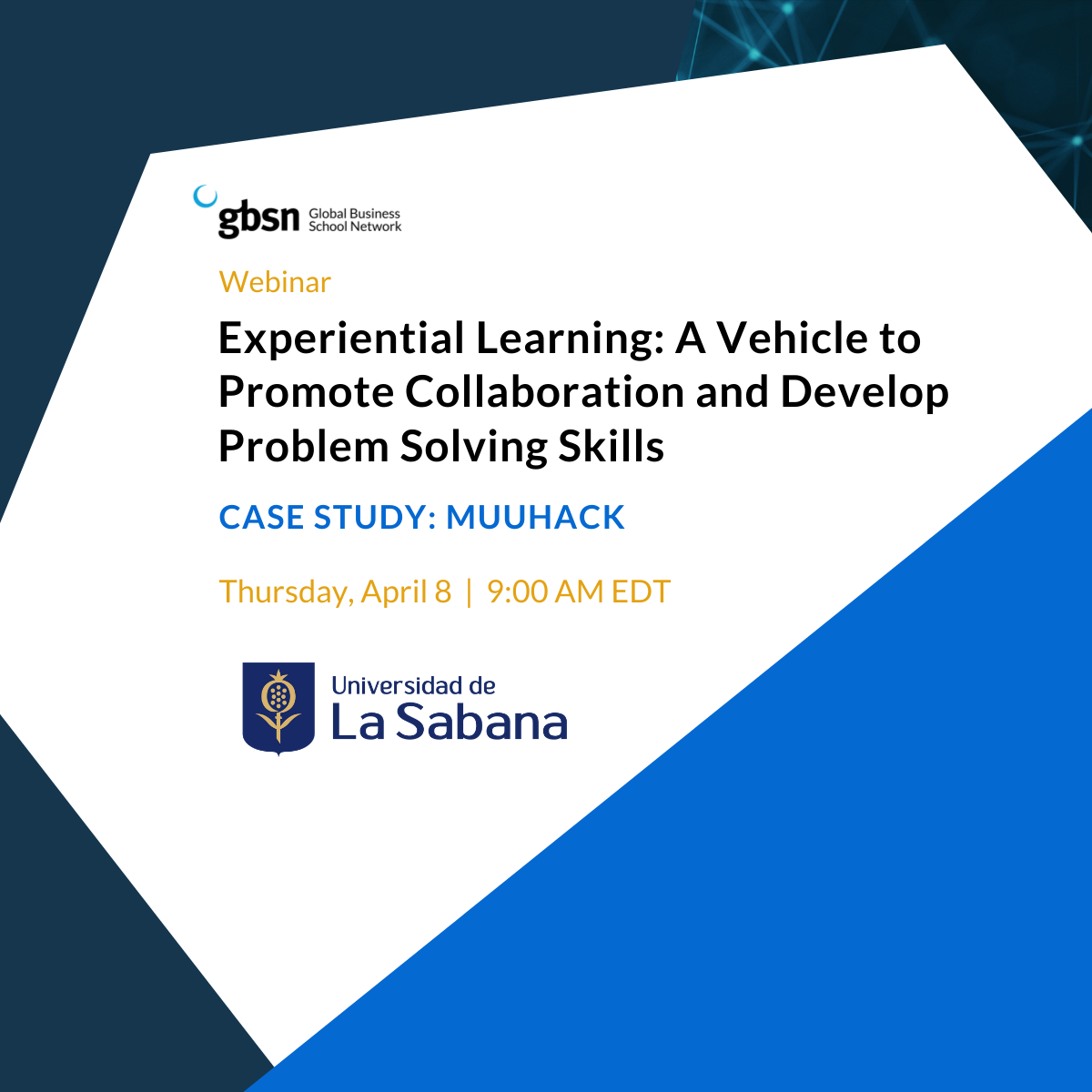The Legatum Fellowship is a unique opportunity for entrepreneurs studying at MIT. Each year the Legatum Center builds a cohort of 20-25 students dedicated to building and scaling ventures in the developing world and provides them with tuition funding, travel, and prototyping support, as well as access to mentors, special seminars, and other cross-campus resources. Current and incoming students are eligible to apply. The application deadline is March 12, 2021.
Program Elements
This Fellowship is intensely action-oriented and suits the student who is fully committed to becoming a principled leader and improving the lives of others through entrepreneurship.
- Curriculum: Through our customized educational experience, students develop practical skills for navigating complex business environments, making principled business decisions, setting and reaching venture milestones, and building and leading teams globally.
- Mentorship: We have an Entrepreneur-in-Residence dedicated to helping our Fellows navigate their entrepreneurial journey at MIT. We have also built a network of domain experts and mentors to provide guidance, encouragement, and specialized advice as needed.
- Community: MIT has a rich entrepreneurial ecosystem comprised of faculty, investors, potential partners, new technologies, and both aspiring and experienced entrepreneurs. The Legatum Center serves as a community hub, helping students navigate the pockets of MIT to secure the precise expertise and resources you’ll need to optimize your entrepreneurial journey.
Financial Support: Each Fellow receives funding that can be used to support their school tuition and stipend. Students in their graduating year can access up to $50,000 for tuition; other students can access up to $25,000 with the opportunity for follow on funding in subsequent years. Fellows also receive grants to support travel to emerging markets during the summer and winter breaks in order to build professional relationships, conduct primary market research, test prototypes, or run pilot studies.
Eligibility
In order to be eligible for the Fellowship, applicants must either be:
- A current MIT Student who will still be enrolled for the year-long duration of the fellowship
OR - Admitted to begin a (full-time) degree program at MIT in the fall semester of the coming academic year
Expectations
Legatum Fellows are expected to be fully engaged participants in the Legatum Center community. Expectations include:
- Completion of a for-credit management seminar that focuses specifically on the challenges and opportunities for entrepreneurs in the developing world
- Completion of one additional MIT course related to entrepreneurial leadership development
- At least one trip to the intended country of implementation to either conduct primary market research, test a prototype, or pilot the business model
- Participation in peer-to-peer training sessions
- Demonstrated willingness to learn and adapt the venture as necessary
- Participation in pitch events at the end of each semester
- Regular check-in meetings with the Legatum Center staff
- Participation in MIT’s entrepreneurial ecosystem through student-organized clubs and conferences
- Commitment to being an entrepreneurial leader in a developing country post-graduation
The Applicant
We are looking for principled, innovative leaders who have a track record for driving change and can demonstrate a commitment to improving lives in the developing world. The ideal candidate will bring a deep level of know-how to his or her venture (whether related to a technical field, geographic area and/or industry sector) and thus have a competitive edge to lead their venture to success. Ultimately, we are looking for self-motivated visionaries who are also dedicated to experimenting, learning, and growing in order to maximize their entrepreneurial success and impact over the course of their career.
Venture Criteria
We evaluate ventures based on three key criteria:
Stage: Ideally, we are looking for ventures that are ready to be deployed on the ground. However, for students in their first year at MIT or enrolled in one-year programs, we also consider ventures at an earlier stage provided the applicant has identified a problem and developed a plan to test key hypotheses in preparation for launch. In other words, we want our Fellows to be beyond the “exploration phase,” theorizing about a problem or challenge they think exists. Fellows should understand their customers’ pain points and be confident in their ability to solve customer needs through their product or service. Considerable primary market research (PMR) and/or a pilot is highly desirable before applying. During the Fellowship, we will challenge students on their current business assumptions, requiring them test and adapt their business models, products, and team, so that they are ready to implement their ventures full-time upon graduation.
Impact: We are looking for emerging market ventures that improve lives. This will be achieved through the business’s innovative technology or service as well as through increased economic prosperity, local job creation, and improved ecosystem conditions. We have a preference for for-profit business models but are open to all venture concepts that have the potential for considerable scale, sustainability, and impact.
Innovation: We are looking for venture concepts that build competitive advantage through an innovative product, process, or business model. Innovation-driven entrepreneurs face great risk, but when they succeed, the payoff for both the entrepreneurs and the regions they serve are even greater as their scaling operations lead to exponential growth in revenue, jobs, and impact.
Evaluation Process
Applicants must complete all required fields in the online application form.
- The online application form will also require you to submit the following:
- References: Please provide the names and contact information for 3-4 professional references. They should be able to speak to your potential as a principled entrepreneurial leader and/or your commitment to impacting change in the developing world. Legatum staff will only contact references if you are invited for an interview.
- Resume/CV: We ask that you provide the most up-to-date version of your resume or CV (1 page max).
- Applications will be reviewed by Legatum staff, as well as a committee of MIT faculty and industry experts. Evaluations will be based on the eligibility, applicant, and venture qualifications described above.
- Applicants who make it to the final round will be called for an interview.
- Interviews are by invitation only. Whenever possible, Fellowship finalists are interviewed in person. For those finalists based outside of the United States or unable to visit campus, interviews will be conducted by phone or Skype.
Open House Opportunity
We will be hosting an Open House event on Thursday, February 25, 2021 at 5 PM EST where students can learn more about the program, meet current Fellows, and ask questions about the application process. Students can register to attend here:
Important Dates/Deadlines
- February 25, 2021 – Open House
- March 12, 2021 – Application closes at 11:59 PM EST
If you have any questions regarding the Fellowship, please email legatum-fellowship@mit.edu.
Details, FAQs, and an application example can be found at https://legatum.mit.edu/resources/legatum-fellowships/

































